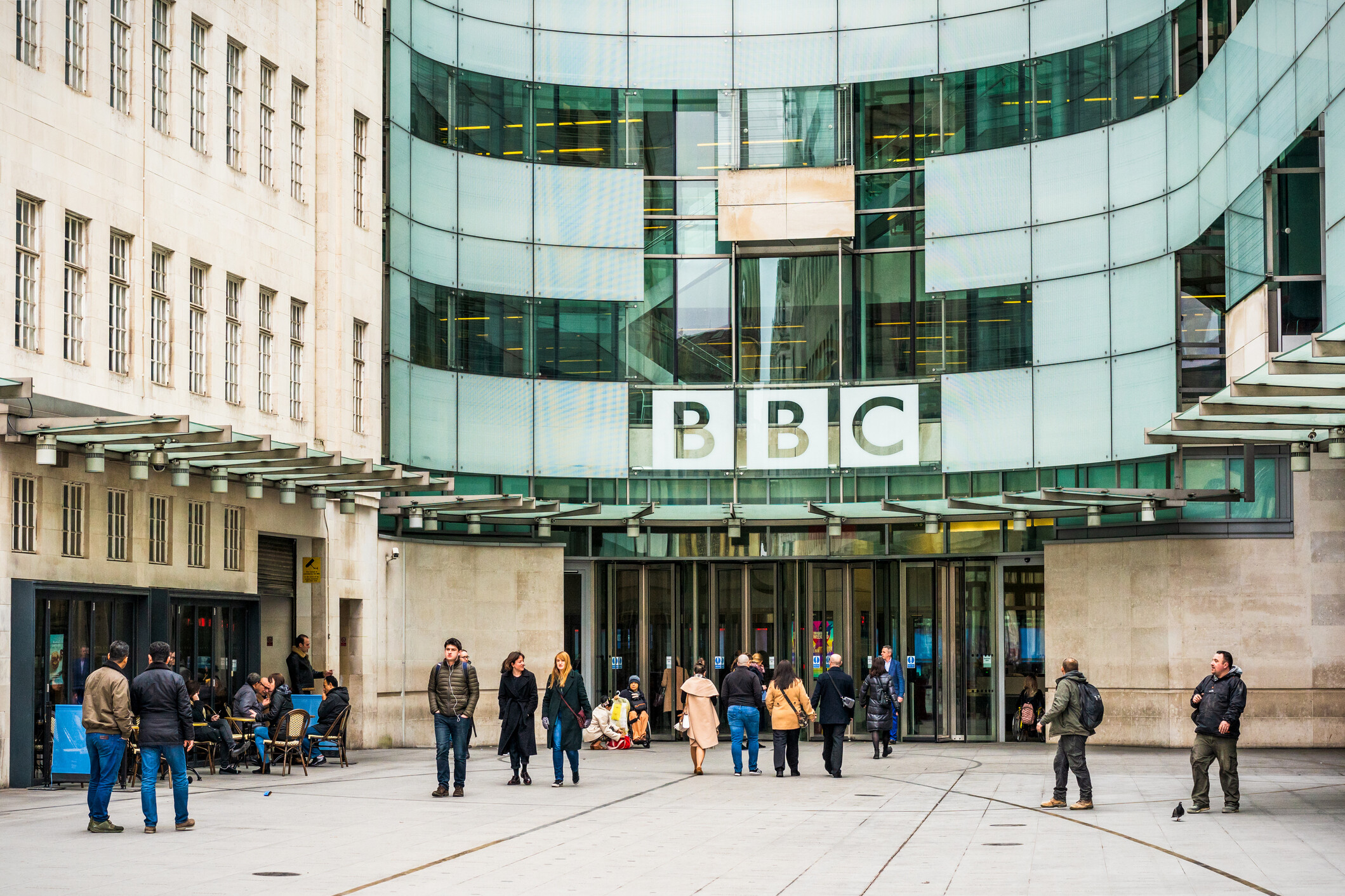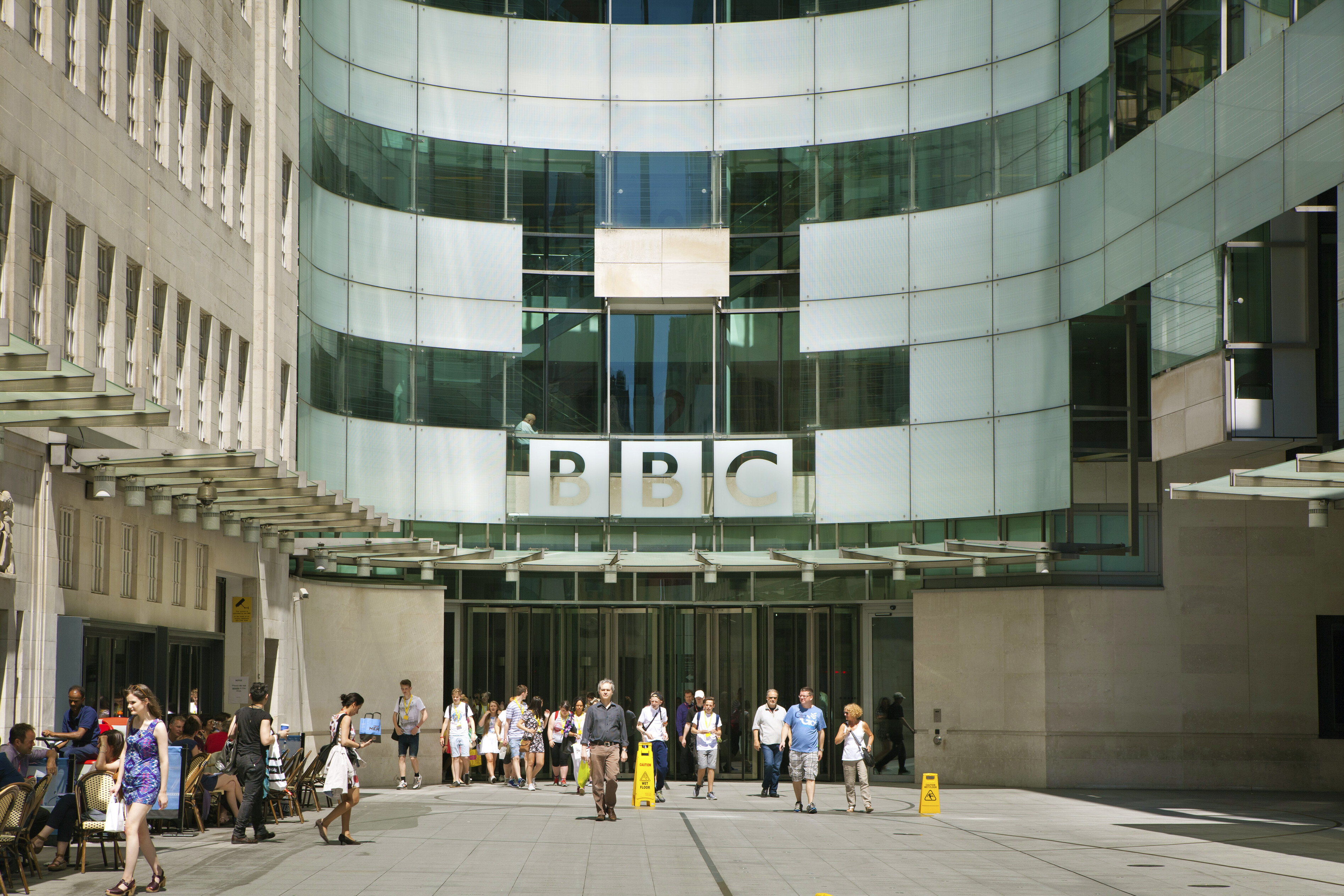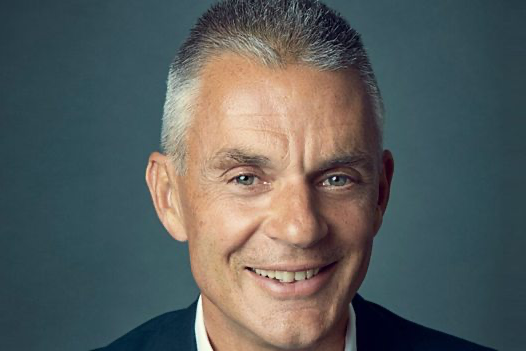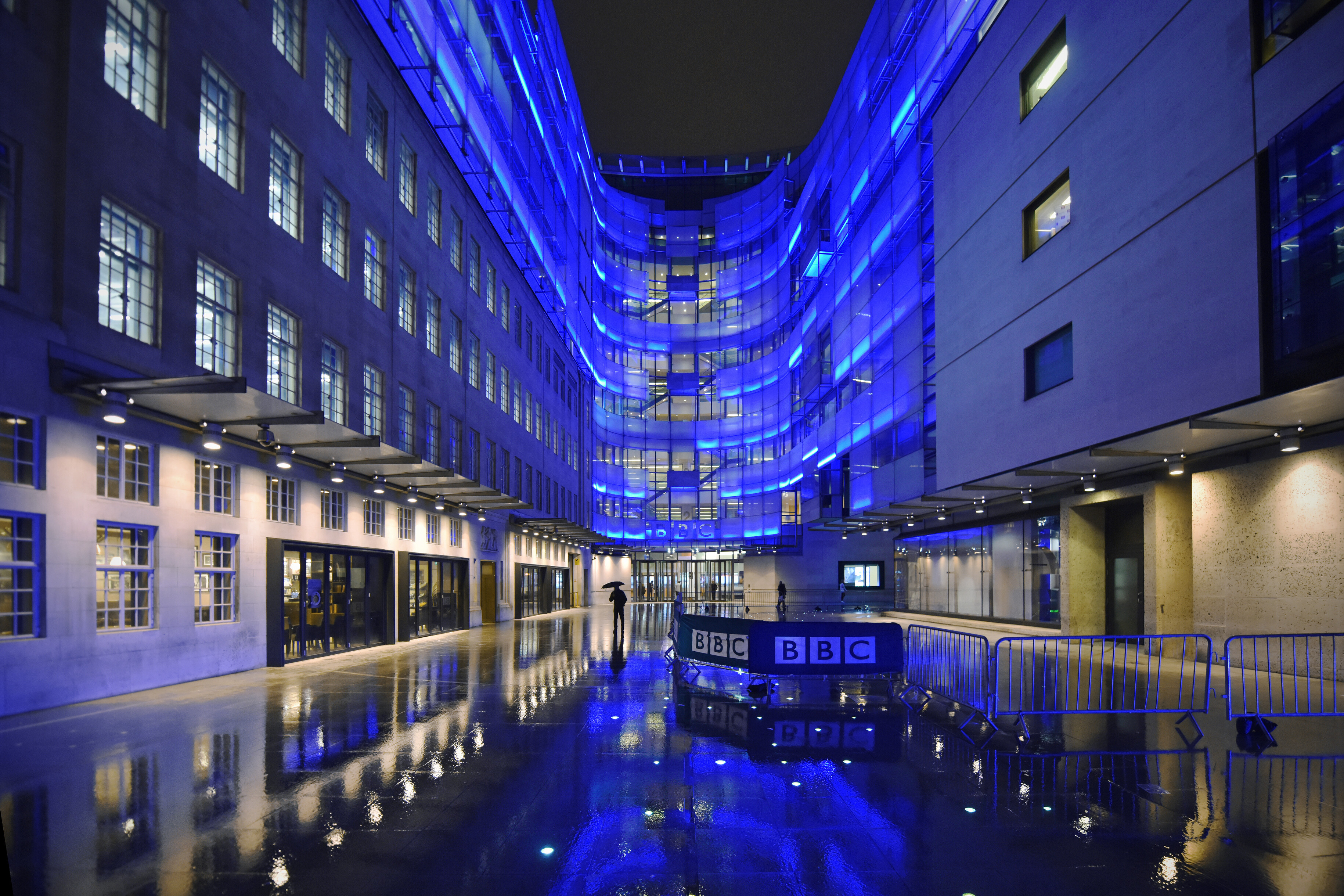The BBC’s new Director General proposes “a radical shift” as the public broadcaster faces critical challenges.
By Chloe Howcroft
Tim Davie started his role as the BBC’s 17th Director General last week and has already set a proactive tone, making a series of bold proposals to adapt the public broadcaster and secure its long-term sustainability.
In his inaugural speech to staff on the 3 September, Davie outlined several key priorities for re-shaping the BBC into a more creative, modern, efficient and representative public broadcaster, emphasising that it must uphold its public service role and provide “value for all”.
Key reforms
A recommitment to impartiality is one of Davie’s main priorities to maintain the BBC’s reputation as being among the most trusted sources of news, both nationally and internationally. The BBC has frequently been accused of promoting certain political agendas, such as in its coverage of Brexit and the 2019 General Election. But as Davie states, “it is about being free from political bias, guided by the pursuit of truth, not a particular agenda.”
Read more: The BBC is under scrutiny. Here’s what research tells about its role in the UK (Reuters Institute)
According to Davie, he will strive to include a diversity of voices and opinions across news content, and has proposed issuing revised guidance on the BBC’s impartiality guidelines, enforcing new social media rules and training for staff to disassociate personal and partisan views from the broadcaster.
Major changes to programming are also likely as the new DG attempts to address changing viewing habits. Davie wants the BBC to create more “unique, high impact content”, with Charlotte Moore appointed as Chief Content Officer, while also turning more of its attention to online services in a move away from linear expansion. “As we move further towards an online world, we will not hesitate to close channels if they do not offer value to our audiences”, said Davie.
He also insisted on expanding partnerships with media organisations such as ITV and Discovery, capitalising on his experience from leading the BBC’s commercial strand, BBC Studios, to build more commercial income for the public broadcaster.
Tim Davie’s introductory speech as BBC Director-General: https://t.co/LG5K0dG07s pic.twitter.com/Kgswc6HbeB
— BBC Press Office (@bbcpress) September 3, 2020
Meanwhile, Davie has not held back on plans to create a more efficient, leaner workforce. The organisation’s Executive Committee has already been reduced from 17 to 11 in order to “streamline decision-making and work as one BBC.” Changes in the News, Nations & Regions divisions are also underway –approximately 900 jobs are due to be cut in the news division alone – while also investing in jobs elsewhere.
Other priorities include improving diversity and making the BBC “more representative of the UK as a whole” – the BBC was heavily criticised for its lack of diversity in Ofcom’s 2019 diversity report. Davie also pledged to continue making the BBC less London-centric, following on from the changes that his predecessor, Tony Hall, started, and to better engage with the breadth of licence-fee payers that consume the BBC’s content. Alongside improvements to the representation of gender, ethnicity and disability, Davie also acknowledged the need to ensure greater recruitment opportunities for those from varying socioeconomic backgrounds and that the organisation is “truly inclusive for all LGBTQ+ employees”.
Ongoing pressures
While Davie adopts a bold and proactive approach towards the changes he deems most needed for the BBC, his appointment comes at a challenging time for the public broadcaster as it continues to navigate the COVID-19 pandemic, political pressure, pay disparity, technological disruption and the emergence of Fox News-style outlets that could soon compete with the BBC for audiences.
Moreover, its battle to maintain relevance could be defining. The BBC must not only grapple for the attention of youth audiences to fulfil its universal reach, but also face accusations of bias from those with particular political persuasions. The debate surrounding impartiality will certainly be fraught in the years ahead.
Davie must also lead on negotiations with a government that seems keen to dismantle the BBC’s licence fee funding model and move it towards a subscription based mechanism when its royal charter ends in 2027. This is a move that Davie strongly opposes and argues “could do quite well in certain postcodes, but it would make us just another media company serving a specific group”. The first formal discussion will take place when the corporation faces its mid-term review in 2022. This will coincide with the government appointment of a new Chairperson to replace David Clementi in February, with concerns that his replacement could be from within political spheres.
The BBC also continues to navigate substantial cost-cutting measures. Reduced income was further exacerbated during the COVID-19 pandemic as it shouldered the costs of licence fees for over-75s until the start of August, costing the corporation an additional £35 million per month. Yet, despite proposals to make the BBC a more efficient and less bureaucratic workforce, cuts to programming and jobs, particularly in the news division, raises concerns that local news coverage – and the ability to hold local authorities to account – will be at risk.
Read more: Tim Davie’s hellish new job as BBC director general
Above all else, a key challenge for the new DG will be to protect the core values of public media and ensure that they are understood by citizens and politicians alike. Davie has already declared: “I believe in Public Service Broadcasting. I believe in the BBC. I believe it is needed, now more than ever”. While the commitment to impartiality is absolutely necessary, this must work alongside and reinforce the organisation’s commitment to truth, independence, universalism and ability to hold power to account.
Since public media are widely considered the most trusted media institutions, if the new DG envisions a public broadcaster that is relevant, reliable and “Valued and loved by all”, it must put its licence fee payers first, maintain their trust and be seen to ensure its independence.
As a member of the Public Media Alliance, we welcome Tim Davie and look forward to our continued work with the BBC to support and promote the core values of public media.
The full transcript of Tim Davie’s introductory speech can be read here.
Header Image:People outside the main entrance to the BBC’s Broadcasting House building in central London. Credit: georgeclerk/iStock
Related Posts
9th July 2020
Over-75’s licence fee: Where the responsibility lies
A great deal of ‘anti-BBC’ flak is…
22nd June 2020
Concerns for local coverage as the BBC looks to make cuts
COVID-19 continues to take its toll on…
5th June 2020
Tim Davie appointed as new BBC Director-General
The BBC Board has appointed BBC Studios…



